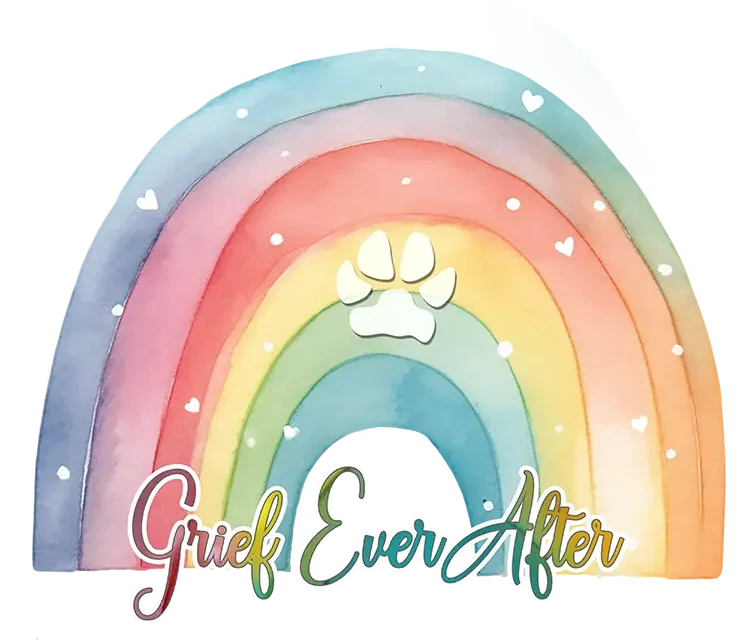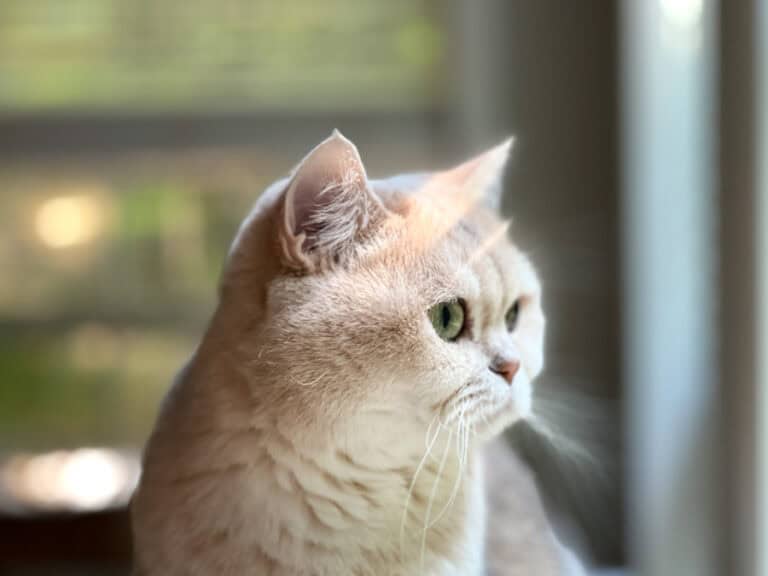Four Grief Clichés That Could Use a Makeover
There is some logic and reasoning behind all the catchy expressions, grief clichés and quick one-liners. I understand that others, as well as ourselves, mean no harm by these go-to phrases. Well known expressions are not only easy for people to say and feel like they’re being supportive, but they can provide grievers something to aim for and can offer glimmers of hope. And hope is really important to hold on to.
But, toxic positivity is never welcome and there are a few of these catchphrases that can activate some rage inside of you when you’re grieving. Instead of tossing everything out the window completely, some expressions can be reframed with more compassion and less minimization of grief.
What I do, for myself, is have a helpful replacement expression. A variation of the not-so-great one. One that makes more sense to my brain and can remain evergreen in grief. Since grief doesn’t end, it just changes.
‘New normal’
Right out of the gate, from the first time I ever experienced deep, painful loss, ‘new normal’ has always evaded me. Over the years, I’ve given it a lot of thought. When a loss has rearranged your world and changed the essence of who you are, can anything ever seem normal again?
Not to say that life doesn’t ‘get back to normal’, especially through the rest of the world’s eyes. But I don’t see my world through others’ eyes — I see it through my own. From this vantage point and in my mind, normal feels like trying to fit a square peg into a round hole. It’s not happening.
Constantly trying to feel normal again or searching and waiting for this elusive ‘new normal’ can translate into a lot of pressure and feeling like you’re somehow not doing grief right.
I choose to look at it as a ‘new everyday.’ Everyday routines, likes, needs, and things that make you smile can and do return. But they’re different, they’re changed, and that’s okay.
‘Self Care’
This expression lurks around every corner these days. Everyone says it, everyone writes about it, and everyone emphasizes its importance. The thing is, I completely agree. Self-care is important. Present day you caring for your mind and body ensures that future you will be ok again someday.
The expression self-care isn’t going anywhere. In grief it’s the connotation of the phrase that is what I often struggle with, especially early on. It feels like it’s supposed to be elaborate, something special, a treat. And if it is, that’s great. Who doesn’t love a special treat?
But while in deep grief, self-care is about things like: did I shower, have I gotten some sun and fresh air, have I drank water? It might even be, I’m letting myself wear my favorite cozy pajama pants while I binge a new show for 24 hours? Have I set boundaries if needed with people in my life? Literally the basics of living and surviving.
Maybe it’s simply a wellness meter for now. It’s good to even visualize a wellness meter. If your meter is running low, you need to pour into it; nurture a plant, set boundaries with unhelpful people, or take a short walk. Maybe smell a beautiful flower or watch a sunset.
Of course, a mani/pedi, massage, or a vacation are great ideas too. But if you can’t muster up the energy for the big stuff, the small stuff matters significantly and will raise your wellness meter too!
In grief, wellness is about survival and finding things that can reduce extreme stress and ease suffering.
‘Moving On’
Oof, this one is hard to even type. The world wants us to move on. Other people’s grief and sadness is uncomfortable for society. But the thought of moving on from grief is like a grief itself.
When you are mourning someone so important, you’re cultivating what the relationship looks like now. Grief becomes ingrained in that, almost inherently. Moving on from it would mean we’re done and “over it”. Clearly, that isn’t going to happen. As grief evolves and days continue to pass, the hope is that the pain and sadness become less like the star of the show and that love emerges as the real leading character.
“Moving on” from grief isn’t a thing. The mere thought of it can make us want to stay put in grief to somehow prove loyalty. What we do is “move forward” with it. We carry it for a lifetime just like we do love.
“Time Heals All Wounds”
Time can do some stuff but it doesn’t heal the wound of grief like some miracle salve. Time can help lessen the intensity of the pain and with each passing day, we can figure out what this new everyday is going to look like.
But there is something really important that I think time does do. Time proves. It proves that if you go to work or school and can function, it doesn’t mean grief is over. It proves that if you laugh then feel guilty for having a moment of joy, it did not negate grief. Next time an authentic smile or belly laugh happens, your mind remembers it’s ok to enjoy that moment – you’re not betraying grief or your beloved pet.
Time proves that the love that remains after losing someone so significant cannot dwindle or disappear. Time proves that you’ll always talk about them, think about them, and say their name. It proves that resiliency does not mean being “over” grief.
It’s common to feel like time in grief is widening the gap between love and healing. But love is part of the healing. Like magnets. Time can’t pull apart something that is so attached.
Relinquishing old clichés doesn’t mean you can’t reframe them to feel more natural, compassionate, and kind to you.






